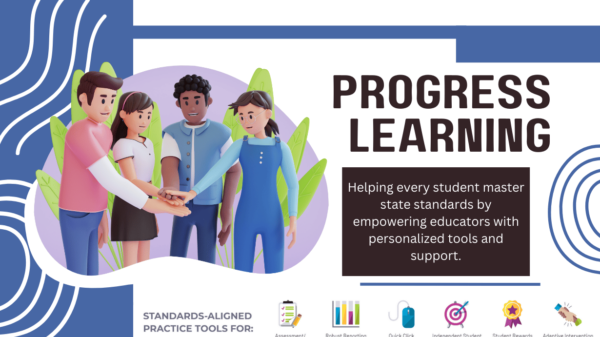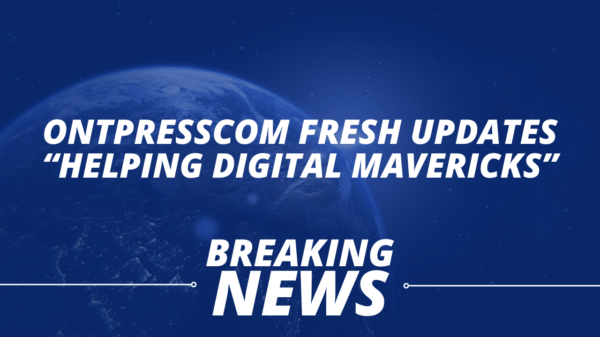Table of Contents
ToggleArtificial Intelligence (AI) has rapidly evolved from a futuristic concept to an integral part of our daily lives. From smart home devices to personalized recommendations on streaming platforms, AI is transforming the way we interact with technology. One of the most exciting aspects of AI is its ability to learn and adapt, making our experiences more seamless and intuitive.
AI in Personalization
One of the most significant impacts of AI is in personalization. AI algorithms analyze user data to provide tailored experiences. For instance, streaming services use AI to recommend movies and shows based on your viewing history. Similarly, online shopping platforms use AI to suggest products that match your preferences. This level of personalization not only enhances user satisfaction but also drives engagement and loyalty.
AI in Healthcare
The healthcare industry is another sector where AI is making significant strides. AI-powered tools can analyze medical images, predict disease outbreaks, and even assist in drug discovery. Telemedicine platforms use AI to provide preliminary diagnoses and treatment plans, making healthcare more accessible. AI can also monitor patient data in real-time, alerting healthcare providers to potential issues before they become critical.
AI in Creativity
AI is also venturing into creative fields. AI-generated art, music, and even literature are becoming more common. Tools like profile picture maker use AI to create unique and personalized images. This blend of technology and creativity opens up new avenues for expression and innovation.
AI in Education
Education is another area where AI is making a difference. Personalized learning platforms use AI to adapt to a student’s learning pace and style. AI tutors can provide instant feedback and support, making learning more effective and engaging. AI can also help in administrative tasks, freeing up educators to focus more on teaching.
Ethical Considerations
While the potential of AI is immense, it also raises ethical considerations. Issues like data privacy, bias in algorithms, and job displacement need to be addressed. It’s crucial to develop AI responsibly, ensuring that it benefits society as a whole.
Conclusion
The future of AI is bright and full of possibilities. As AI continues to evolve, it will undoubtedly shape our lives in ways we can’t yet imagine. From personalization to healthcare, creativity to education, AI is poised to make our world smarter, more efficient, and more connected. Embracing this technology while being mindful of its ethical implications will be key to harnessing its full potential.


















